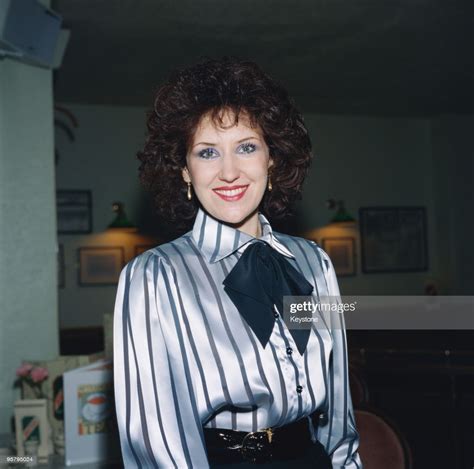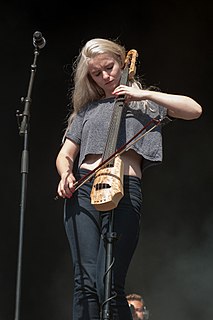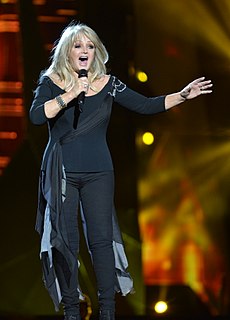A Quote by Rhys Thomas
Most people were annoyed with my voice, I think, because I'm working-class, and that doesn't sound quite right on Radio 4.
Related Quotes
The People's democratic dictatorship needs the leadership of the working class. For it is only the working class that is most far-sighted, most selfless and most thoroughly revolutionary. The entire history of revolution proves that without the leadership of the working class revolution fails and that with the leadership of the working class revolution triumphs.
Men ruled the roost and women played a subservient role [in the 1960s]. Working wives were a rarity, because their place was in the home, bringing up the kids. The women who did work were treated as second-class citizens because it was a male-dominated society. That was a fact of life then. But it wouldn't be tolerated today, and that's quite right in my book... people look back on those days through a thick veil of nostalgia, but life was hard if you were anything other than a rich, powerful, white male.
Radio, or at least the kind of radio we're proposing to do, can cut through that. It can reach people who would otherwise never hear your work, and of course I find that very notion inspiring. Radio stories are powerful because the human voice is powerful. It has been and will continue to be the most basic element of storytelling. As a novelist (and I should note that working my novel is the first thing I do in the morning and the very last thing I do before I sleep), shifting into this new medium is entirely logical. It's still narrative, only with different tools.
Working in Italy can be quite hard because they don't have schedules - we arrive at TV shows and they're like, 'We're not sure when you're on, could be a minute, could be an hour.' We were on their equivalent of 'The Voice' and the timing was determined by whenever the judge decided the time was right. We waited five hours!
The weird thing was that I went to Trump rallies thinking I was going to run into militant, right wing, racist people and mostly I didn't. That should have been a clue to me. The people I talked to were not, on the surface level, crazy. They were quite nice, quite normal, employed, and actually were wealthier than the press at that time would have led us to believe. At that time, the narrative was that these were all working poor but these were not working poor. That should've been a clue to me that this was a little bigger than I thought.
I suppose I don't have to work, but I do love working. I class myself as a working-class girl, and I've never stopped working. When I'm offered shows here, there and the other, I do an awful lot because I feel other people would love to be offered what I'm offered; who am I to say no? I'm definitely working class, and I always will be.
It used to be that the working class, broadly speaking - Americans who worked with their hands, who worked in factories, who were not in management - were an interest group, a political interest group. And their main spokespersons were the Democrats. Their platform was the Democratic Party. And that began to change after the 1960s. Not for black or other working class Americans, but for white working class.
The light bulb going off in my head was a fear that in this pivotal moment in history, when America faces so many serious problems, when the middle class and working class of this country are being decimated, that there were not voices out there representing the tens of millions of people who needed a voice. And the idea of going through a campaign where there is not a serious discussion about the most important issues facing America, where there are not voices out there representing people who are hurting - that seemed to me unacceptable.
When the kirtan is harmonious with so many people, it’s a tumultuous beautiful sound. We can’t hear just one voice during the chorus; or rather we do hear one voice. But that one voice is actually the sound of everyone’s voice in harmony. That’s our offering to God. And why is it so pleasing to the Lord? Because we are all cooperating for a higher purpose. We are all united for the pleasure of the center, for the pleasure of Krishna, in spite of all our differences.




































